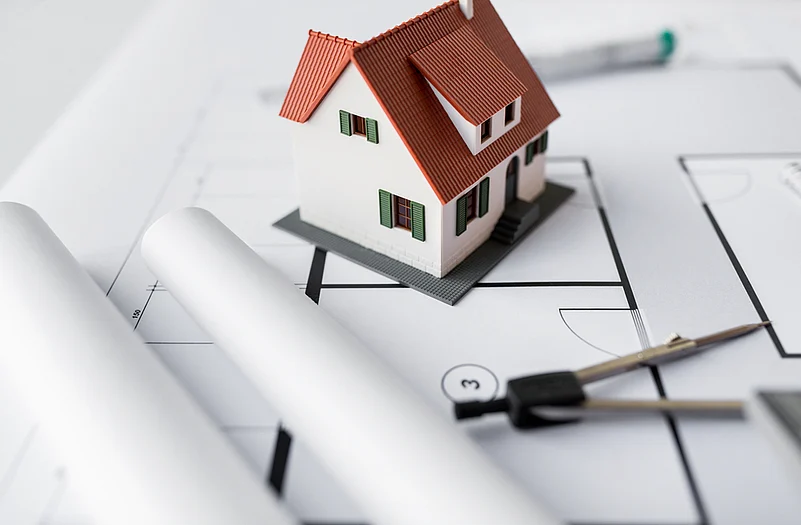The country is experiencing the second tsunami of infections with coronavirus and the corporate world is worried by its impact; the real estate industry is following the situation with every breath. Since the administration has said that full lockdown is not on track, the industry believes that a brief lockout will have slight effect because sites are still undergoing construction, and sales are also happening online.
Considering an economic improvement and vaccination kick, property prices are unlikely to grow this year. According to industry statistics, even though sales have overtaken new releases, it would take more than a couple of years to decrease them to a sustainable level. However, we may witness a slight increase in pricing in some areas.
The two most significant aspects affecting price are demand and raw material costs, both of which have seen an upsurge in the recent past. New projects are being introduced at greater prices. Because of the rising cost burden, the developer community has no choice but to raise prices. People have begun to invest in real estate, and those who have been on the fence are now exploring the market. Prices will climb in future months, although the proportion of change may vary depending on the markets.
In several cities of India, the inclination of purchasers has developed, with its smooth connectivity, significant industrial projects, strong rent income and outstanding resale value. In general, however, increased costs of raw materials and labour costs have resulted in higher real estate prices throughout the cities such as Chennai and Hyderabad.
In the past three quarters, the Indian residential market has returned sharply with widespread ownership experience, reduced prices and a reduced home interest rate over decades. Interventions by the government in key market stamps contributed to an increase in the sector's pace towards pre-Covid.
When the demand for a commodity increases, its providers continue to increase the cost of the goods, which contributes to the consumer's buying power. But, in particular for real estate, the opposite may not be true. While demand for housing has dropped sharply, only due to the very nature of the property can one expect a little adjustment to property prices. This fundamental law of economics is no exception for the Indian housing market. Houses cannot be compared to other goods that are perishable.
While Indian investors are favouring Real Estate, the Coronavirus outbreak might compel them to rethink, provided that rental income also starts to collapse. However, it is always hoped that real property would make a return to the post-Coronavirus climate as a favoured investment option.
The future of the market is anticipated, as investors and house purchasers search for secure and secure sources of investment, particularly following a near-wiping out of money from stock exchanges, to witness an increasing trend in the acquisition and investment of immobilities. We feel that real estate assets are the safest investment under the current terms to provide acceptable profits.
Summing Up
Real estate prices are at an all-time low and are expected to rise in the future. Prices in a few markets, notably Delhi NCR, increased somewhat in 2020. However, due to low house loan interest rates, reductions in stamp duty in some jurisdictions, and other factors, real estate is becoming cheaper. The moment has come to invest in real estate since prices are expected to rise in the near future.
Some speculate that the second wave will lower prices; nevertheless, the sector as a whole agrees that there is no chance of a price fall. Construction prices have risen by a significant percentage as a consequence of procurement issues, supply chain interruptions, rising raw material costs, and increasing health and safety expenditures as a result of the global crisis. As a result, property prices are projected to rise somewhat.
The current scenario offers investors the prospect of parking their money on real estate at competitive price points, particularly as the home financing is accessible at comparably inexpensive costs, while possibilities of appreciation of values and devaluations are distant in the foreseeable future. Price stability may continue for a longer period; investors must, however, consider the building status and liquidity of developers in order to make the best option.
The author is Group Director, Realistic Realtors.
DISCLAIMER: Views expressed are the author’s own, and Outlook Money does not necessarily subscribe to them. Outlook Money shall not be responsible for any damage caused to any person/organisation directly or indirectly.


























